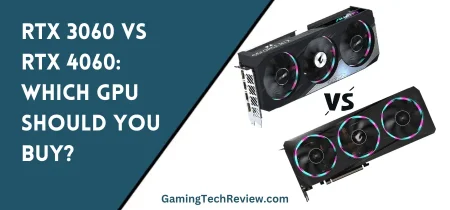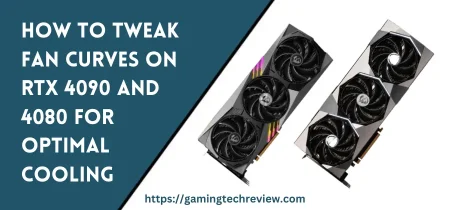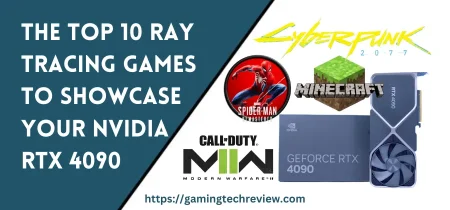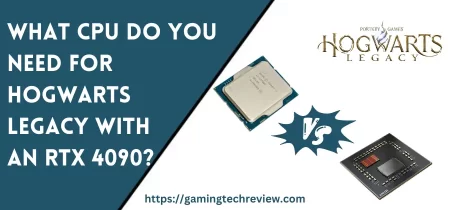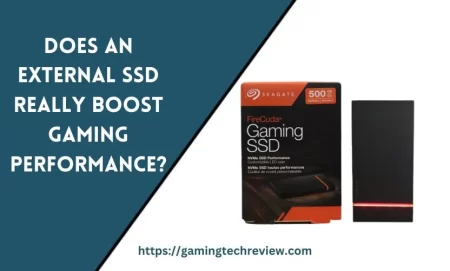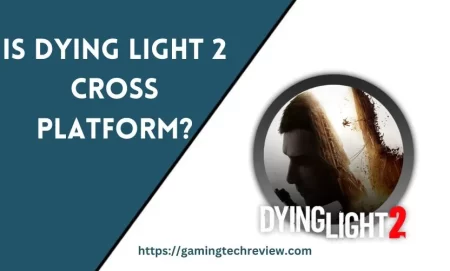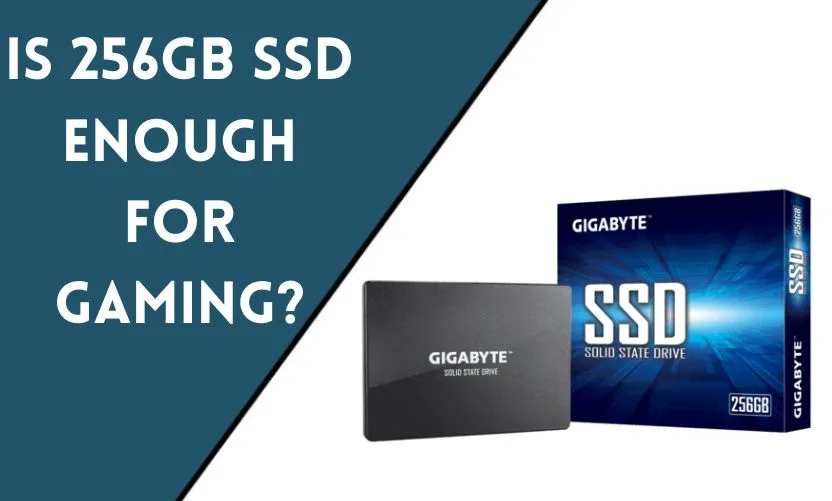
In the world of gaming, having a fast and reliable storage solution is essential for optimal performance. Solid State Drives (SSDs) have gained immense popularity in recent years due to their speed and efficiency. One common question that arises among gamers is whether a 256GB SSD is sufficient for gaming needs.
In this article, we will explore the factors to consider when evaluating the adequacy of a 256GB SSD for gaming and provide insights to help you make an informed decision.
Introduction
Gaming storage feels like a never-ending crisis with the massive install sizes of today’s games. Who hasn’t had to uninstall several older games just to fit the latest 100GB+ blockbuster release? With SSDs becoming mainstream, many gamers are opting for fast solid state drives over traditional HDDs. But the question remains – is 256GB enough for your gaming library?
The Rise in Game Install Sizes
Gone are the days when new releases fit nicely on a DVD. Modern AAA titles routinely occupy 50GB or more of precious SSD real estate:
- Call of Duty: Modern Warfare (2019) – 175GB
- Red Dead Redemption 2 – 150GB
- Forza Horizon 5 – 103GB
Combine a few of these space hogs and your 256GB SSD will be full before you know it. Storage requirements will only increase as game worlds become more immersive.
Understanding SSDs
SSDs are storage devices that use integrated circuits to store data persistently. Unlike traditional Hard Disk Drives (HDDs), which rely on spinning disks and mechanical read/write heads, SSDs utilize flash memory technology. This technology allows for faster read and write speeds, resulting in reduced loading times and improved overall system performance.
Benefits of Using an SSD
Using an SSD for gaming offers several advantages over traditional HDDs. The most significant benefit is the faster loading times, allowing gamers to jump into their favorite games quickly. SSDs also contribute to smoother gameplay by reducing in-game stutters and minimizing texture pop-ins. Additionally, SSDs consume less power, produce less noise, and are more resistant to physical shock, making them a durable choice for gaming setups.
Why SSDs are Ideal for Gaming
SSDs provide tangible benefits for gaming beyond just capacity:
Faster Load Times
Testing shows SATA SSDs can load games 5-6x faster than HDDs, while NVMe SSDs are 6-8x faster. That translates to significant time savings when booting games and fast traveling.
Higher Frame Rates
SSDs stream assets faster, leading to higher average and minimum FPS during gameplay. Moving to an SSD improves frame pacing and reduces stuttering.
Durability
With no moving parts, SSDs better withstand shocks and impacts from being moved or dropped. Gamers who bring their rigs to LAN parties will appreciate this.
Storage Requirements for Gaming
The storage requirements for gaming can vary depending on several factors, including the size of the games, downloadable content (DLC), and additional software. Modern games often occupy a significant amount of storage space, with some AAA titles exceeding 100GB in size. Furthermore, frequent updates and patches can further increase the storage requirements over time.
Evaluating 256GB SSD for Gaming
While a 256GB SSD can be sufficient for gaming, it may have limitations depending on your gaming habits and preferences. With the increasing size of modern games, a 256GB SSD might quickly fill up, especially if you play multiple large titles simultaneously. Operating systems and other software installations also consume a portion of the storage space.
To determine if a 256GB SSD is enough for your gaming needs, consider the following factors:
- Game Sizes: Evaluate the average size of the games you play and estimate how many titles you typically have installed simultaneously.
- Other Software: Account for the storage space required by the operating system, game launchers, and any additional software you regularly use.
- Multiplayer or Online Gaming: If you frequently engage in multiplayer or online gaming, consider the potential for future game updates and DLCs.
- Media Storage: Assess if you intend to store a significant amount of media files, such as game captures or video recordings, on your SSD.
Optimizing Your Storage
With only 256GB at your disposal, you’ll need to meticulously manage your limited space. Here are some tips to stretch your storage further:
- Uninstall games you haven’t played in a long time. Revisit classics when you upgrade.
- Disable or limit game DVR features that consume SSD space with video captures.
- Use an external HDD for larger media files like gameplay videos, screenshots, and mods.
- Regularly clear caches and temporary files with disk cleanup tools like CCleaner.
- Move pagefiles and hibernation files to a secondary HDD to reduce writes.
- Limit how many games auto-update simultaneously to prevent install size bloat.
Tips to Optimize Storage on a 256GB SSD
If you choose to use a 256GB SSD for gaming, implementing some storage optimization techniques can help maximize available space:
- Uninstall Unused Games: Remove games you no longer play to free up storage.
- Selective Game Installation: Install only the games you actively play rather than keeping a large library installed simultaneously.
- Regular Maintenance: Delete temporary files, clear cache, and regularly run disk cleanup utilities to reclaim storage space.
- External Storage: Consider utilizing external storage solutions, such as external HDDs or larger capacity SSDs, for storing less frequently played games or media files.
Considerations for Upgrading SSD Storage
If you find that a 256GB SSD is insufficient for your gaming needs, upgrading to a higher capacity SSD is a viable option. SSDs are available in various capacities, ranging from 500GB to multiple terabytes. Before upgrading, ensure compatibility with your gaming system and consider factors like budget, performance requirements, and future storage needs.
Choosing Your Next SSD
When the time comes to upgrade, which SSD specs should you prioritize for optimal gaming performance?
- Sequential read and write speeds of 3,000MB/s+ ensure smooth gameplay.
- PCIe 4.0 x4 interface offers massive bandwidth for next-gen games.
- Look for M.2 form factors to connect directly to your motherboard.
- Aim for at least 1TB capacity to future-proof your storage needs.
Conclusion
In conclusion, while a 256GB SSD can be suitable for gaming, it may have limitations depending on your specific requirements. Factors such as game sizes, additional software, and future storage needs should be taken into account. By evaluating your gaming habits and considering the tips mentioned, you can optimize your storage usage and make an informed decision regarding the adequacy of a 256GB SSD for your gaming setup.
The Future of Gaming Storage
Exciting new technologies on the horizon will further enhance gaming:
- DirectStorage allows direct GPU access to assets for lightning fast speeds.
- Faster PCIe 5.0 and DDR5 RAM will minimize bottlenecks.
- New 3D NAND fabrication methods continue to increase SSD density and capacity.
Frequently Asked Questions
Can I add additional storage to my gaming setup if I choose a 256GB SSD?
Yes, you can add additional storage to your gaming setup. You can consider options like external HDDs or larger capacity SSDs to supplement the storage provided by a 256GB SSD.
How many games can I install on a 256GB SSD?
The number of games you can install on a 256GB SSD depends on the size of the games. Larger games can consume a significant portion of the storage, whereas smaller indie titles may require much less space. It’s essential to consider the average size of the games you play to estimate the number you can accommodate.
Should I prioritize SSD speed over storage capacity for gaming?
Both speed and storage capacity are crucial factors for an optimal gaming experience. If you frequently play games with large worlds or open-world titles, faster loading times provided by an SSD can significantly enhance your gaming experience. However, if you prefer having a larger game library installed simultaneously, opting for a higher storage capacity may be more beneficial.
Are SSDs more reliable than HDDs for gaming?
SSDs are generally more reliable than HDDs due to their lack of moving parts. HDDs are susceptible to mechanical failure and data loss, while SSDs are more durable and less prone to physical shock. This increased reliability makes SSDs a preferred choice for gaming.
Can I upgrade my SSD storage in the future?
Yes, you can upgrade your SSD storage in the future. Most gaming systems allow for easy replacement or addition of storage devices. However, ensure compatibility with your system and consider factors like budget, performance requirements, and future storage needs when upgrading.






